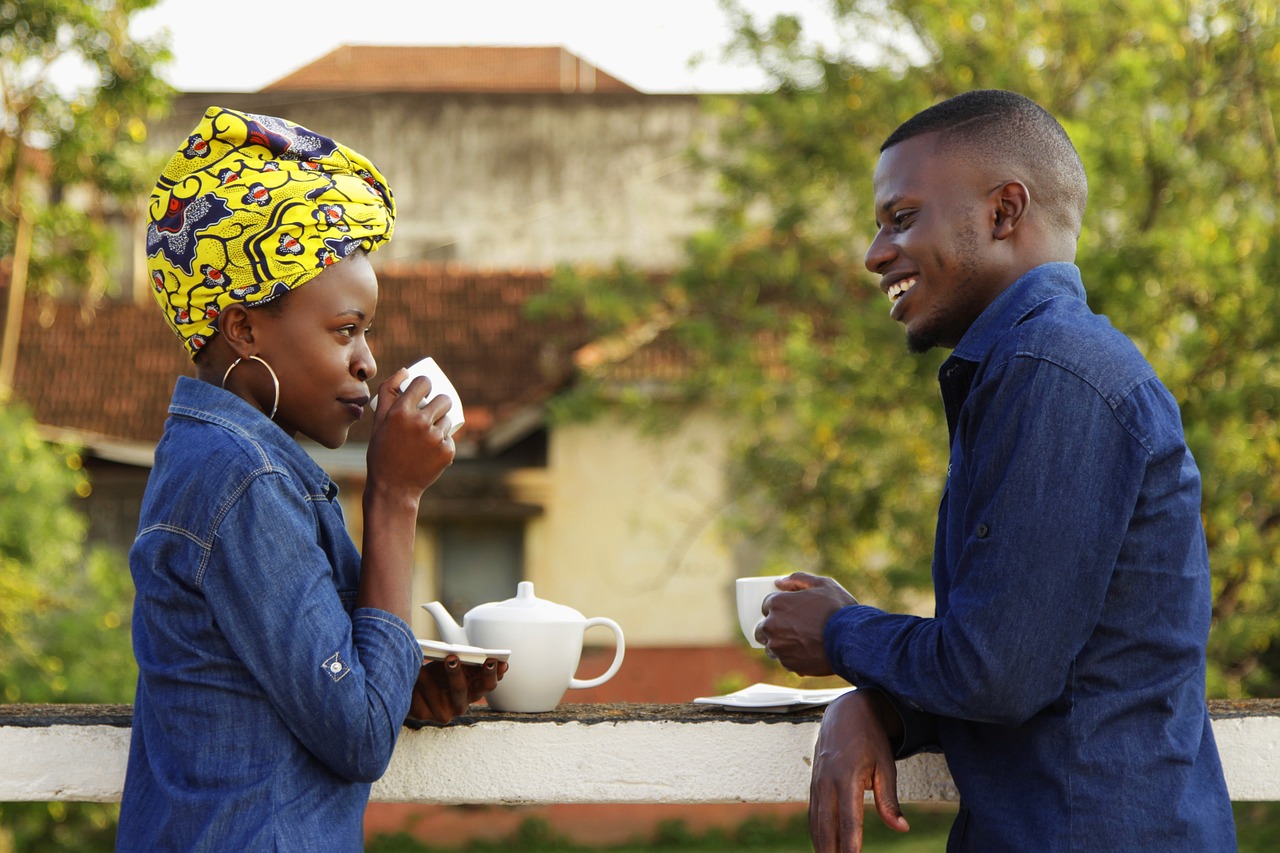Bill to Criminalize Identifying as LGBTQ Considered by Uganda
While many people are fighting for their rights as members of the LGBTQ, parliaments all over the world have different views on the community. In some places, same-sex marriage is legal, while in other countries such a relationship can put your life in danger.
Uganda wants to change its laws surrounding the LGBTQ community, making members fear for their future and being open about who they truly are. Members of the Ugandan LGBTQ community hope that the bill is not going to pass.
What exactly does the bill want to achieve? Here’s all you need to know.
The LGBTQ Criminalization Bill
In over 30 African countries, same-sex relations are banned. People cannot enter same-sex relationships or many anyone of the same sex. Uganda is one of these countries. Not only are a lot of people in African countries against LGBTQ, but in some cases, those who enter same-sex relations can even receive prison time.
However, things are taken even further, or at least will be if the bill proposed by the Ugandan parliament passes. The bill taken up by the parliament looks to criminalize identifying as LGBTQ. So, that means that simply identifying as lesbian, gay, bisexual, transgender, and queer would be a crime.
The bill was introduced as a private lawmaker’s bill. Apparently, the purpose of this new law is to fight “threats to the traditional, heterosexual family.”
If the bill passes, then anyone who identifies as LGBTQ might receive up to 10 years in prison. The same applies to anyone who identifies as anything other than the binary categories of female and male. Besides, “conspiring” and “abetting” to take part in same-sex relations would also be criminalized under the new law, and the same applies to promoting homosexuality.
Severe penalties apply to those who do aggravated homosexuality, which involves intimate relationships with people of the same sex under the age of 18. Those who are found guilty may get life in prison or even die.
“Our creator God is happy (about) what is happening … I support the bill to protect the future of our children,” said David Bahati, a lawmaker while the bill was being debated. “This is about the sovereignty of our nation, nobody should blackmail us, nobody should intimidate us.”
The new legislation will be given to President Yoweri Museveni in order to be signed into law.
When the bill was read in parliament, Speaker Anita Among was the one to send it to a committee for public hearings and scrutiny. Then, it will be sent back to the House, where the law will be debated and those present will vote on it.
Among was telling parliament members to not let intimidation tactics scare them into not giving a true vote. She was doing this due to several Western countries imposing travel bans against people who vote for the law to pass.
“This business of intimidating ‘you will not go to America’, what is America?” Among said.
Similarities with Previous Laws
This is not the only law of the sort that the Ugandan parliament considered. Back in 2013, another law was passed that created stricter conditions for lesbians. Basically, lesbianism was criminalized, and penalties were harsher. It was condemned internationally, so a domestic court struck it down.
Reactions to the New Bill
As one can imagine, Ugandan LGBTQ activists are not happy about this bill. In fact, a prominent Ugandan LGBTQ activist, Frank Mugisha, said that the legislation is “draconian” and denounced it.
“This law is very extreme and draconian … it criminalizes being an LGBTQ person, but also they are trying to erase the entire existence of any LGBTQ Ugandan,” Mugisha said.
So far, Museveni has not said anything regarding the new bill. However, it is known that he is against LGBTQ rights. Not only that but back in 2013, he signed the anti-LGBTQ law that was later struck down.
Final Thoughts
Same-sex marriage is legal in 34 countries at the moment, but many people in gay relationships still have their lives endangered. If you’re wrongfully accused of being a criminal, you should always look for criminal defense attorneys in your area.
Florida’s crime rate dropped in recent years, but there are still many attorneys in the state who can help you. If you’re falsely accused of a crime in Florida, make sure to seek criminal defense attorneys who are licensed in the state and can help you navigate the situation smoothly and prove your innocence.

